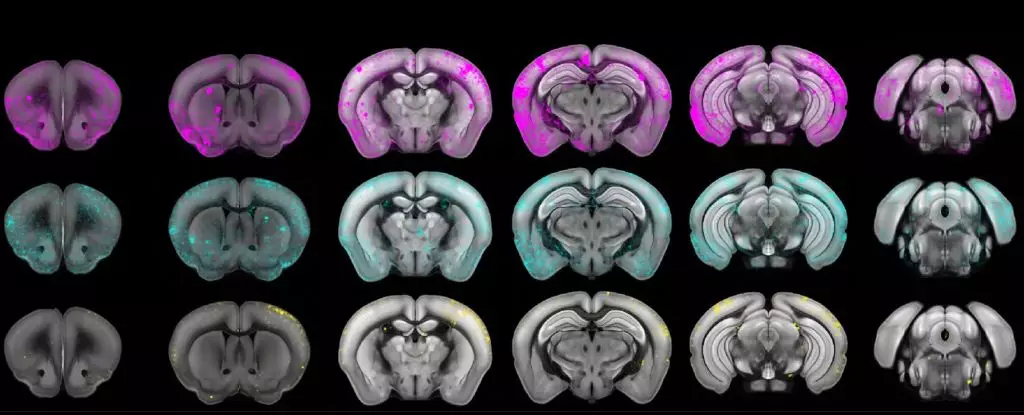The blood-brain barrier (BBB) acts as a protective membrane that separates blood vessels from brain tissue and the central nervous system. While this barrier is essential for preventing harmful substances from entering the brain, it also poses a challenge when it comes to delivering therapeutic proteins to treat brain diseases. The impermeability of the BBB to hydrophilic and large molecules restricts the entry of most proteins, making it difficult to develop effective treatments for neurological conditions.
Toxoplasma gondii is a parasite known for its ability to cross the blood-brain barrier and infect the brains of its hosts. While T. gondii is typically associated with causing toxoplasmosis, a condition with unpleasant symptoms and serious complications, researchers have explored the possibility of using this parasite for a beneficial purpose. By engineering T. gondii to deliver therapeutic proteins to cells in the brain, scientists hope to address the challenges associated with protein delivery for research and therapeutic applications.
Within the central nervous system, T. gondii primarily interacts with neurons, utilizing specific organelles to secrete substances. Researchers have focused on modifying these organelles to enable the secretion of proteins that are known to treat human neurological conditions. In laboratory experiments using human brain tissue organoids, engineered T. gondii successfully delivered therapeutic proteins, such as MeCP2, which is used to treat Rett syndrome, a rare genetic disorder affecting brain development.
To further evaluate the potential of engineered T. gondii, researchers conducted experiments on living mice. The findings showed that the modified parasites were able to efficiently infect the hosts, deliver the therapeutic protein, and induce minimal inflammation compared to control groups. This demonstrated the feasibility of using T. gondii as a versatile delivery system for targeting neurons in vivo, paving the way for potential therapeutic interventions for various neurological conditions.
The research conducted by neuroscientist Shahar Bracha and her team at the Massachusetts Institute of Technology highlights the promising prospects of utilizing T. gondii as a tool for investigating protein activity in neurons and developing treatments for brain disorders. By harnessing the parasite’s unique abilities to cross the blood-brain barrier, researchers aim to overcome the challenges associated with delivering therapeutic proteins to the brain and explore new avenues for studying neurological diseases.
While the concept of using a parasite like T. gondii for therapeutic purposes may seem unconventional, the results of the study suggest that it has the potential to revolutionize the field of neurobiology and drug delivery. By leveraging the parasite’s natural capabilities and modifying its behavior, scientists have demonstrated the feasibility of using T. gondii as a novel approach to treating and studying neurological conditions. Further research and development in this area hold promise for unlocking new treatment options and insights into the complexities of the brain.


Leave a Reply